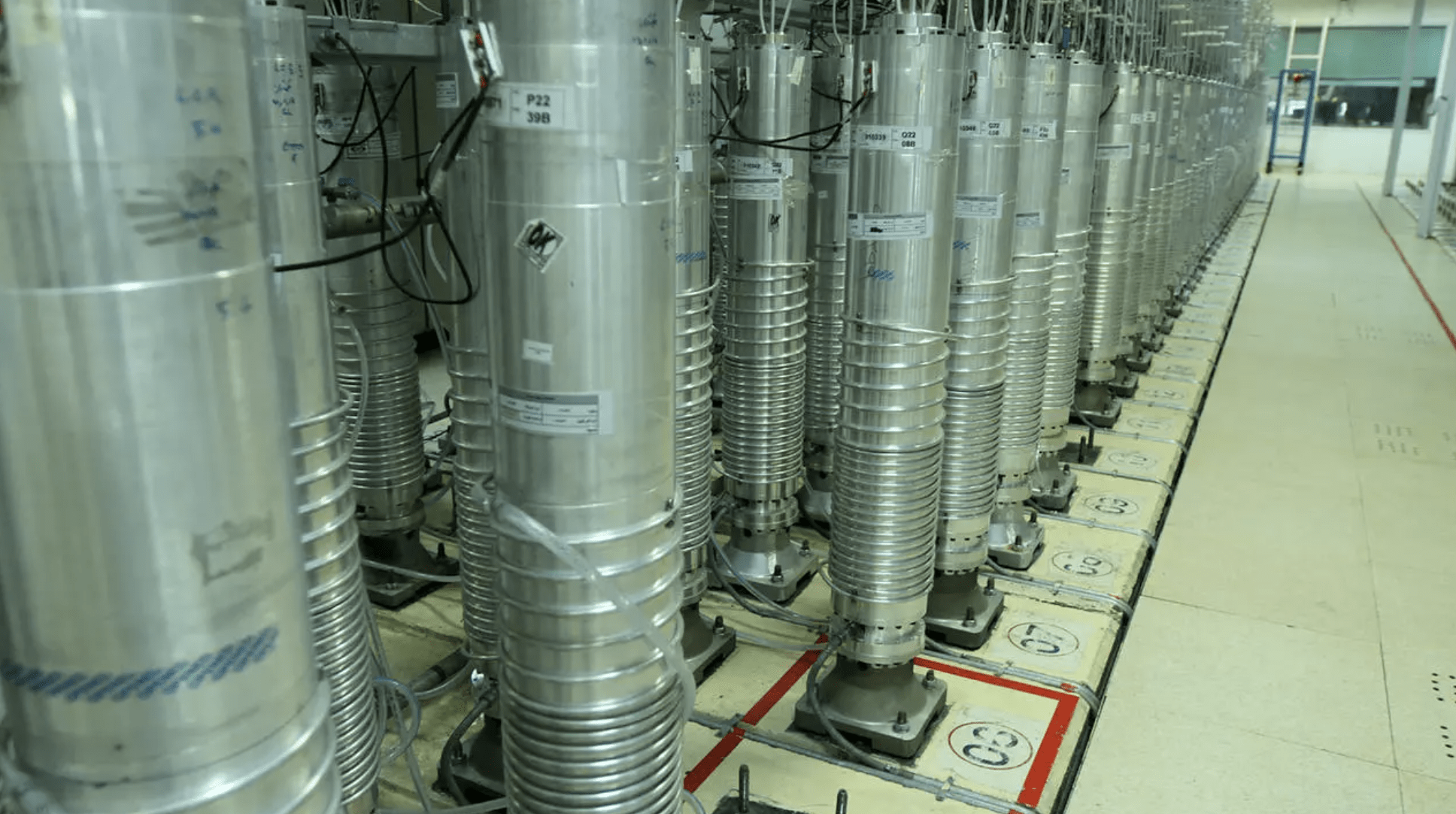
Israel is widely understood to have been behind the recent attack on Iran’s nuclear facility in Natanz, in a likely attempt to stop the United States from re-entering the Iran Nuclear Deal. But has this act gone too far and could this situation spill over into a larger conflict?
In what Iran has described as an act of “nuclear terrorism“, Israeli Mossad – according to unnamed Israeli intelligence sources cited in the Israeli media – launched a cyber attack upon Iran’s Natanz nuclear facility.
The attack came just after Iran had undergone a national day of celebration dedicated to its nuclear program – the extent to which the attack caused damage is not yet known. Iran had also just placed into operation new advanced centrifuges designed for a more speedy enrichment of uranium. An alleged blackout or “accident” was how the incident was initially reported, however it soon became clear that what had occurred was much more serious.
In an unusual twist, Israeli media had received communications from its intelligence sources confirming an Israeli Mossad operation had taken place and that this was in fact an attack. The Israeli government does not usually admit any such attacks, with the information normally linking Israel to attacks coming from US-based media outlets – such was the case with Israel’s alleged attack on an Iranian vessel, ‘the Saviz’, in the Red Sea last week.
This attack was different, it was quickly presented by the Israeli media as a Mossad attack and for the purpose of stirring tensions with Iran. Interestingly, Lloyd Austin, the Biden administration’s figure heading up the Pentagon, just arrived in Israel this Monday for a two-day trip. It was striking from Lloyd Austin’s press conference brief, delivered alongside his Israeli counterpart Benny Gantz, that Austin did not utter one word about Iran, whilst Gantz centered his speech on this issue.
At the start of his term in office, President Joe Biden had taken an approach to the Iran Nuclear Deal similar to that of his predecessor’s administration. However, after failing to bully Iran into making concessions to the US and after Tehran had signed a historic 25-year cooperation deal with the no.1 US adversary China, Biden has begun to slowly take strides towards re-entering the JCPOA agreement.
For Israel, this shift in the Biden administration’s approach to the Iran nuclear deal has been a matter of huge concern. From early on this year, top Israeli officials have made clear their intent to pursue an offensive posture toward Iran, and not stay silent. For instance, in January top Israeli general Aviv Kochavi had stated Israel’s intent to draft offensive actions against Iran. Then in February, Israeli Premier Benjamin Netanyahu affirmed Israel’s commitment to combating Iran’s “pursuit of a nuclear weapon”, regardless of any deal signed between the US and Iran.
At this moment, Iran has been placed in-between a rock and a hard place; they have just been attacked severely and overtly by Israel. Iran’s Presidential election campaigns will begin in just a matter of weeks and the current government is scrambling to both bolster their image before their own people and also re-enter the nuclear deal. If the Iranian President Hassan Rouhani can oversee a re-entry in the JCPOA, this will have come as a result of the US government abandoning its sanctions, dubbed as illegal by the International Court of Justice. The ending of US sanctions would create a sense of euphoria amongst the suffering populace of Iran, who have experienced some of the worst financial hardships the country has ever seen.
Israel has, however, now presented a major problem for Iran. Up until now, Iran has ignored a number of provocative and outright illegal offensive actions against them, most likely due to their focused efforts on restoring the nuclear deal. If Iran responds to Israel militarily, it is more than likely that this will drive a huge wedge between the Islamic Republic and the United States, potentially ruining efforts to restore the nuclear deal.
But this attack, especially if it inflicted a significant amount of damage on Iran’s nuclear program, may be too much to ignore. The Iranian people will likely view a failure to respond to the country’s most despised enemy as a weakness on behalf of its government, and potentially an embarrassment. The reason why this is such a big problem for President Rouhani, is because his conservative competitors may well promise to change this perceived display of weakness.
Now Iran is faced with choosing a necessary means with which to respond, whilst attempting not to lose out on re-securing a road out of the ‘maximum pressure campaign” of sanctions. This ultimately forces Iran to choose between a response or an attempt to secure a re-entry into the JCPOA, at a point when the US has not even fully committed to paving a way forward.
In the event that Iran does respond, then comes the question: what is Israel’s next move and how far will this all escalate? Will Netanyahu’s Israel lead its military into an all out confrontation, which could explode over multiple fronts, just to stop the US fronts re-entering the deal? Perhaps this attack could also be a pressure tactic, used against the Biden administration, threatening a destabilizing war if they dare re-enter the deal.
Regardless of what the fine print reads on this one, what Israel has done is reckless and should see a unified international response. If Iran was not so profoundly patient, this could have escalated long ago into a paroxysm of cataclysmic proportions.
Related posts:
Views: 0
 RSS Feed
RSS Feed















 April 12th, 2021
April 12th, 2021  Awake Goy
Awake Goy  Posted in
Posted in  Tags:
Tags: 
















